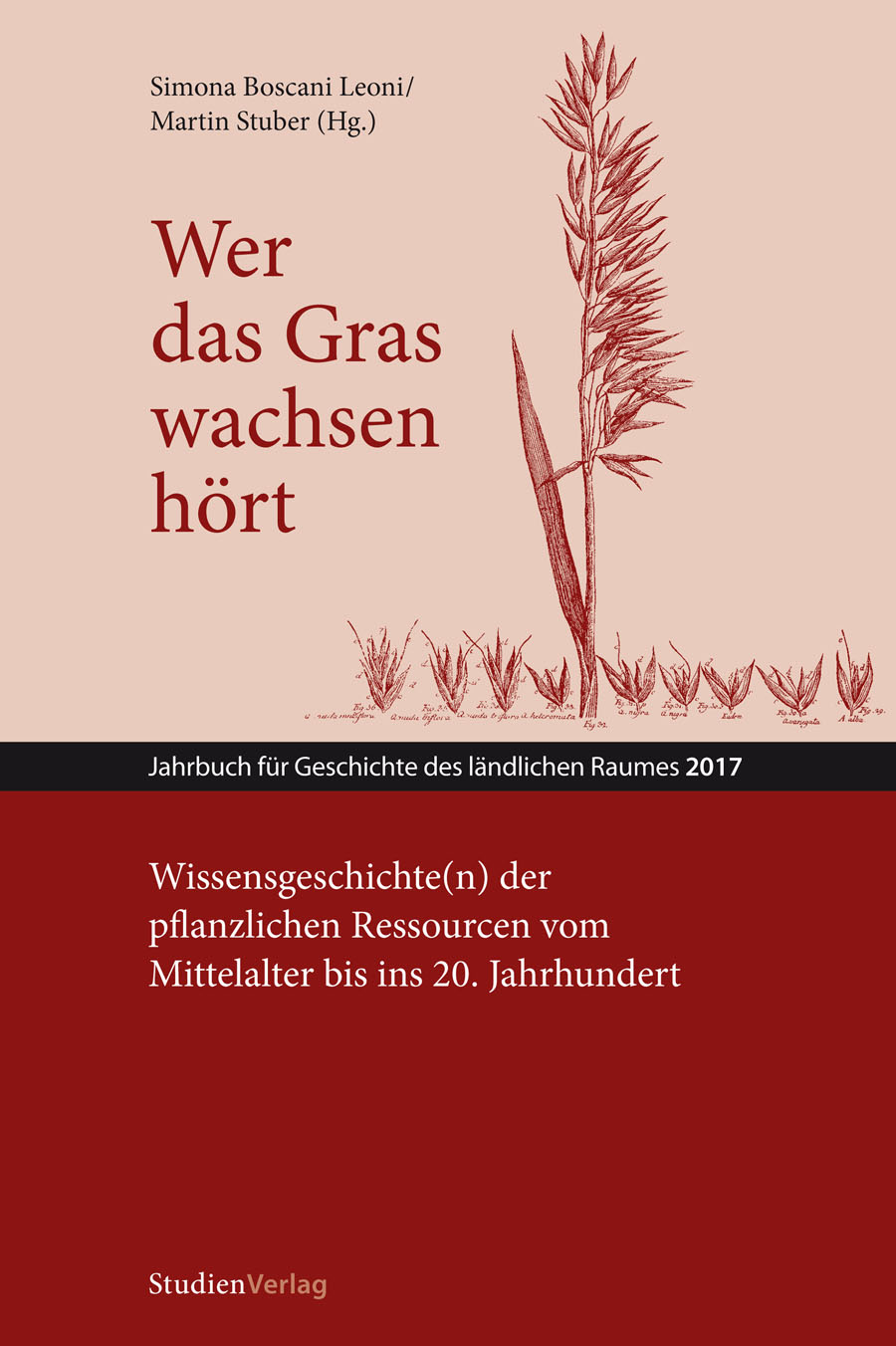Von der patrizischen Gartenkultur zum systematischen Sortenkatalog
Bernischer Obstbau in der longue durée
DOI:
https://doi.org/10.25365/rhy-2017-10Abstract
Among the efforts to improve agricultural productivity, the cultivation of useful plants was of particular importance to the Economic Enlightenment. In contrast to fodder and textile plants, cereals and potatoes, fruit trees were not among its favourite subjects. This may come as a surprise in light of the significance that fruit has acquired in contemporary diet. Be that as it may, efforts to improve fruit cultivation go back farther than the classical period of the Economic Enlightenment. The example of Bern in particular works well for the analysis over the longue durée that covers the time from Daniel Rhagor’s Pflantz-Gart (1639) to the Register of Varieties of Excellent Species of Pome Fruits for the Canton of Bern (Stamm-Register, 1865). From the perspective of the history of knowledge, the connection between scholarly knowledge and local experience on the one hand and the changing actors in these knowledge
systems on the other hand are of special interest to this contribution.


